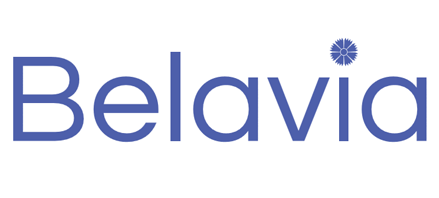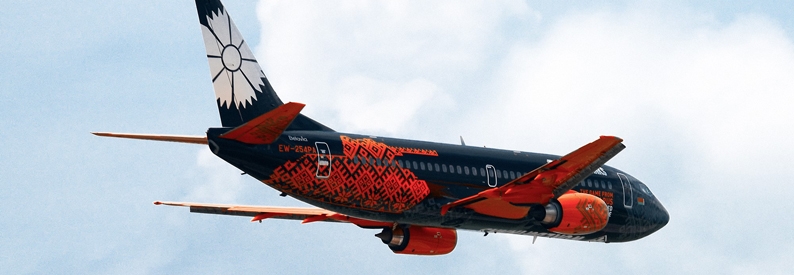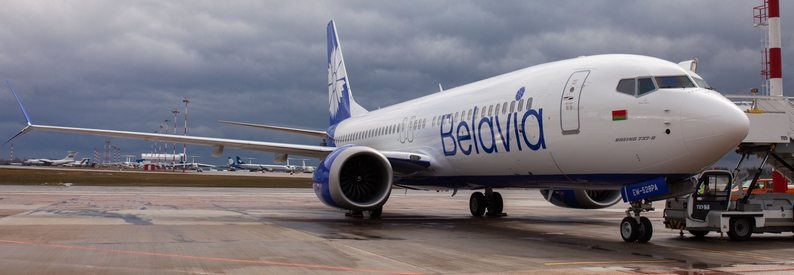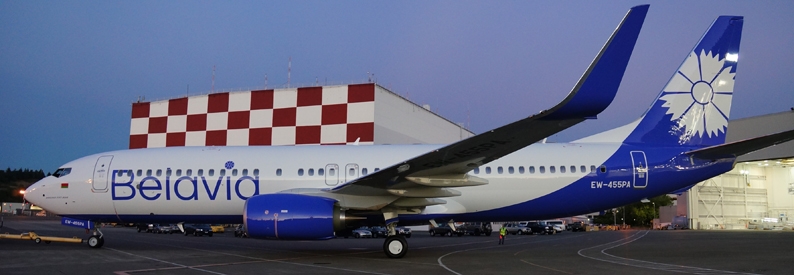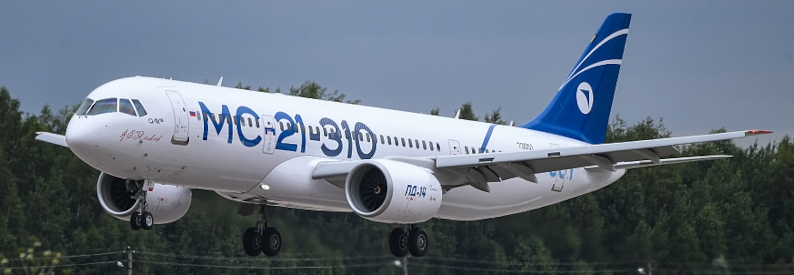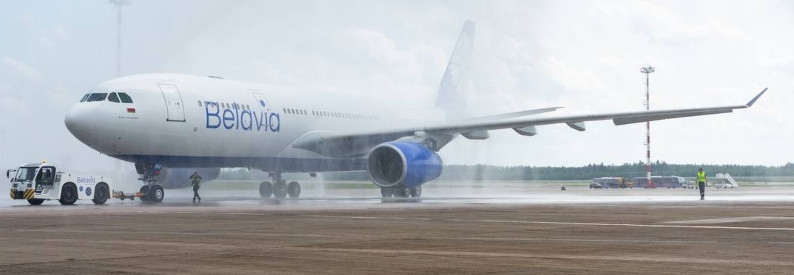Despite the recent suspension of US sanctions on the Belarusian flag carrier Belavia (B2, Minsk National), Washington will not allow the airline to operate flights to Russia, Iran, Syria, Cuba, North Korea, or Russian-occupied parts of Ukraine, the US Bureau of Industry and Security (BIS) confirmed on September 12, 2025. ch-aviation analysis shows the aircraft continue to serve Russia.
In a letter to Belavia's general director, Igor Cherginets, the BIS confirmed that eight Boeing narrowbodies owned by the airline were removed from the General Prohibition 10 (GP10) list, a document that purports to prohibit the designated operators from using US-made assets in any way. The removals include:
- B737-300s EW-254PA (msn 26294) and EW-366PA (msn 29058);
- B737-800s EW-455PA (msn 61421), EW-456PA (msn 61422), EW-457PA (msn 61423), EW-527PA (msn 40877), and EW-544PA (msn 35139); and
- B737-8 EW-528PA (msn 43344).
However, the US continues to ban any use of Belavia's sole B737-800(BBJ), EW-001PA (msn 33079). The airline operates this aircraft on behalf of the government and not in commercial services. The carrier's Boeing fleet also includes a B767-300ER, also operated for the government.
The removal from GP10 means Belavia can legally operate the B737s domestically and internationally - except to the listed countries - as well as procure spare parts, maintenance, and other services. It cannot, however, use the aircraft to transport otherwise sanctioned individuals, operate on behalf of sanctioned persons or companies, or transport any restricted goods, including military hardware used to support Russia's invasion of Ukraine.
The operational restrictions do not include overflights over the listed countries, which Belavia can now do legally.
ADS-B data shows that since the September 12 letter, Belavia has deployed both B737-300s, the B737-8, and two of the five B737-800s on at least one rotation to Russia, in an apparent violation of the US rules.
The BIS is an office within the Department of Commerce and one of two main sanctions-regulating bodies in the US, alongside the Department of Treasury's Office of Foreign Assets Control (OFAC). OFAC sanctions target all transactions with designated nations, companies, and individuals, while the BIS controls the export and trade in assets.
- Type
- Base
- Aircraft
- Destinations
- Routes
- Daily Flights
